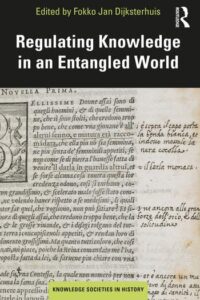This is the first book to present a carefully chosen and annotated selection of the unpublished writings and correspondence of the English logician John Venn (1834-1923). Today remembered mainly as the inventor of the famous diagram that bears his name, Venn was an important figure of nineteenth-century Cambridge, where he worked alongside leading thinkers, such as Henry Sidgwick and Alfred Marshall, on the development of the Moral Sciences Tripos. Venn published three influential textbooks on logic, contributed some dozen articles to the then newly-established journal Mind, of which he became co-editor in 1892, and counted F.W. Maitland, William Cunningham and Arthur Balfour among his pupils. After his active career as a logician, which ended around the turn of the 20th century, Venn reinvented himself as a biographer of his University, College and family. Together with his son, he worked on the massive Alumni Cantabrigienses, which is still used today as a standard reference source.
The material presented here, including the 100-page Annals: Autobiographical Sketch, provides much new information on Venn’s philosophical development and Cambridge in the 1850s-60s. It also brings to light Venn’s relation with famous colleagues and friends, such as Leslie Stephen, Francis Galton, and William Stanley Jevons, thereby placing him at the heart of Victorian intellectual life.




